The forgotten key to cycling success !
In the cycling world of today there are an infinite number of resources to help any cyclist reach the peak of their heart rate and power zones. Power meters are now more common on the Etape du Tour than the Tour de France itself . Cycling coaching has become an industry in itself and the very latest bicycle technology is available to anyone with a few thousand euro to spare. Whilst once a summer spent with a continental club team was the dream of the best amateur cyclists in the country nowadays any racing cyclist with an email address and enough time on their hands can source out a club to take them on for a few months.
There is a key ingredient in cycling success that none of these elements cover and that has become overlooked to a certain degree. There is an element beyond the max wattage and heart rate, a place that many cyclists are unaware of that is a key to success on the bike.
Yesterday a 77 year old cyclist called into the shop whilst out on his training spin. As we chatted about this and that he casually mentioned that there was a day in the 1956 Ras that he will never forget. It was mid way through the race and whilst he had been going well enough he wasn’t getting any results. He started the stage and was suffering from the beginning but he kept on going with the moves and attacking even when he felt close to empty. Eventually he did reach empty but he dug deep and still kept on attacking. Suddenly, just as the race was blowing to bits and the race winning move was pulling away on a climb he reached a point where he felt that he wanted to stop and get off the bike but did not have even enough left to stop without collapsing. In a final act of defiance he decided to dig deeper and give it one more go. Suddenly the pain that was coursing throughout his body disappeared and he threw it up into the big ring and closed the gap to the leaders and was in a group of ten sprinting for the win at the end of the stage having ‘floated’ from that point on. He never experienced that feeling again but still remembers it vividly to this day.

Now the scientific explanation for this is the release of endorphins in his brain which had a pain killing effect similar to morphine. But the point at which this occurs is a place so deep that few have a pain threshold high enough to reach it ever. What made Sean Kelly and Stephen Roche great Champions was that they could push themselves so deep that they reached this point on many occasions. Think of Roche on the stage to La Plagne where he had attacked early on, been caught and was unable to go with Delgado’s counter attack. He then lost 2 minutes to the better climber but managed to finish just 4 seconds behind on the line at the mountain top finish where he collapsed and had to be given oxygen.

When at his peak Kelly once said that cycling was 30% physical and 70% mental. He wasn’t just talking about the ability to be tactically astute when he said this. He was also talking about grit, determination and a mental toughness that allowed the great riders to dig so deep into and beyond their reserves.

How can you learn to dig this deep ? The simple answer is that you can’t, well, not by using a power meter or heart rate monitor anyway. But there may be a way to help top amateur talent attain this ability.
In Japan Keirin racing is hugely popular and the top cyclists make over $2 million per year. In order to get a Keirin racing licence you have to go to Keirin school. In the school there is no internet and no mobile phones and only one short phone call home each week. There are books and a limited amount of tv to pass the time when not training, recovering and learning about bicycle mechanics. They are all up at 6 each morning and in bed by 9.30 with lights out by 10 pm.
Along with improving their ability on the bike this also gets the riders used to being secluded which happens a lot in Keirin racing as it is a billion dollar gambling industry and riders are not allowed to have any contact with the outside public whilst racing to eliminate the chance of race fixing. It also teaches them the intricacies of the machine that they will be depending upon to make their living from and also gives them a mental toughness that stands them well in the rough and tumble of the physically aggressive style of racing.
A cycling school in some remote mountain part of Ireland which would take in talented amateurs for three months of the winter might be a way to create new champions. All internet would be banned as would mobile phones. One 5 minute call home each week is all that would be allowed.
Each inmate would have to spend one month from 6.30 am to 4.30 pm working at three physically demanding jobs. A month mixing cement and throwing blocks for a rough builder, another month picking stones and pulling buchallans (regweed) for some dog of a farmer and another month working on a production line in the most monotonous and greasy dirty assembly line possible with a monumental pain in the ass of a supervisor.
An hour a day would be spent on bike maintenance classes with an exam at the end where each rider would have to be able to totally strip and completely rebuild their own bike in under 3 hours.
An hour would be spent on correct training and nutrition advice and two hours each evening on the bike, in the dark and hopefully rain.
At the end of the course there would be a race with the first three getting a new car and a pro contract as the prizes. Everyone would be told that if they win and make it as cyclists this is the life that awaits but if they don’t they will end up in the real world scrap-heap working for the builder, farmer or on the assembly line.
For sure every rider who survived long enough to make it to the race would now be able to dig deeper than ever before and fight as if their lives depended upon winning !
That would be a race worth going to see .
Winners win not because they want to, but because they have to !!!
Barry
www.worldwidecycles.com

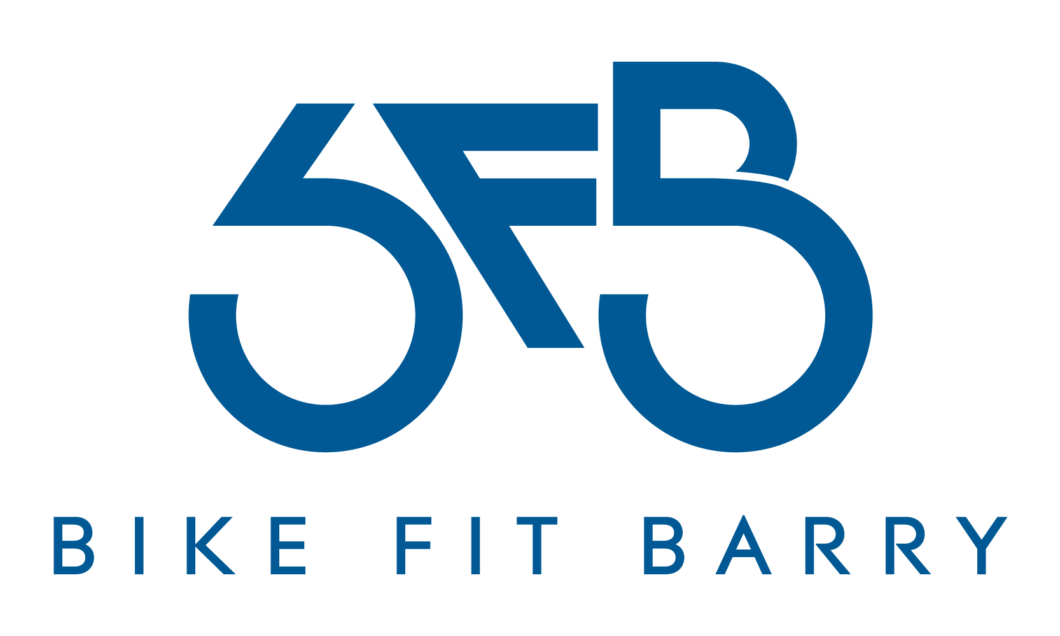
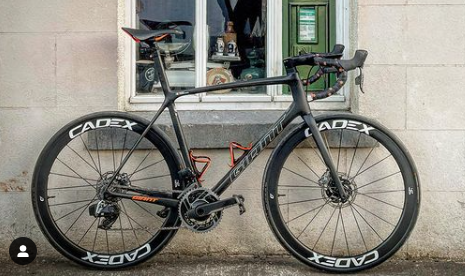

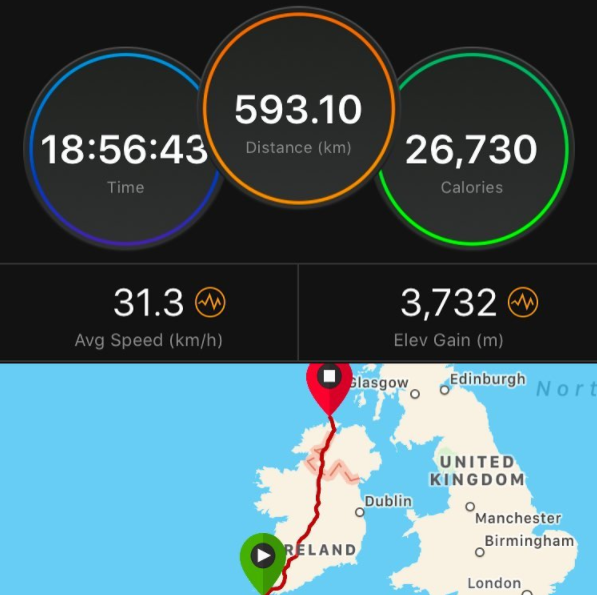
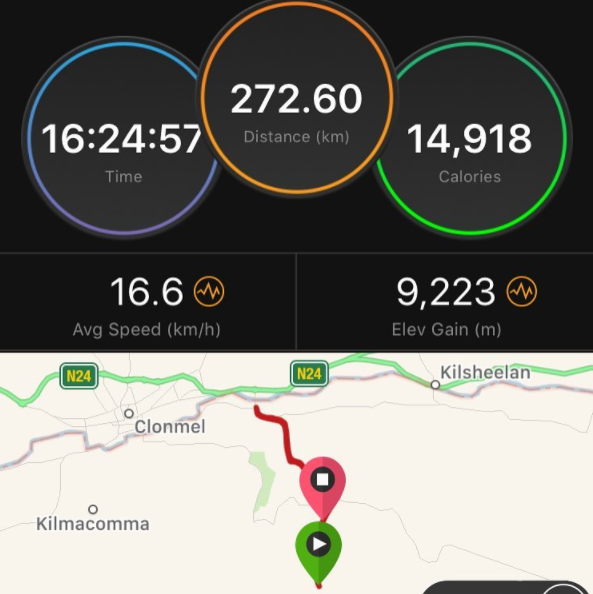
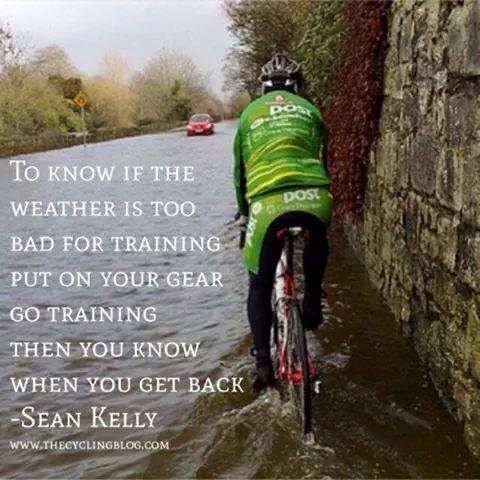
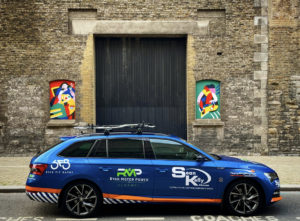
4 COMMENTS
Ben Keane
Barry, I think you have just written the script for the Cycling Apprentice :-)?
peter kelly
Barry,
Another great and thought provoking article.from the school of hard knocks.
What about DNA? What about doping? How about training that follows good science?
Is it only the ability to suffer that maketh the cyclist?
I am not getting a flavour of anything else.
Peter.
Pingback
Pingback